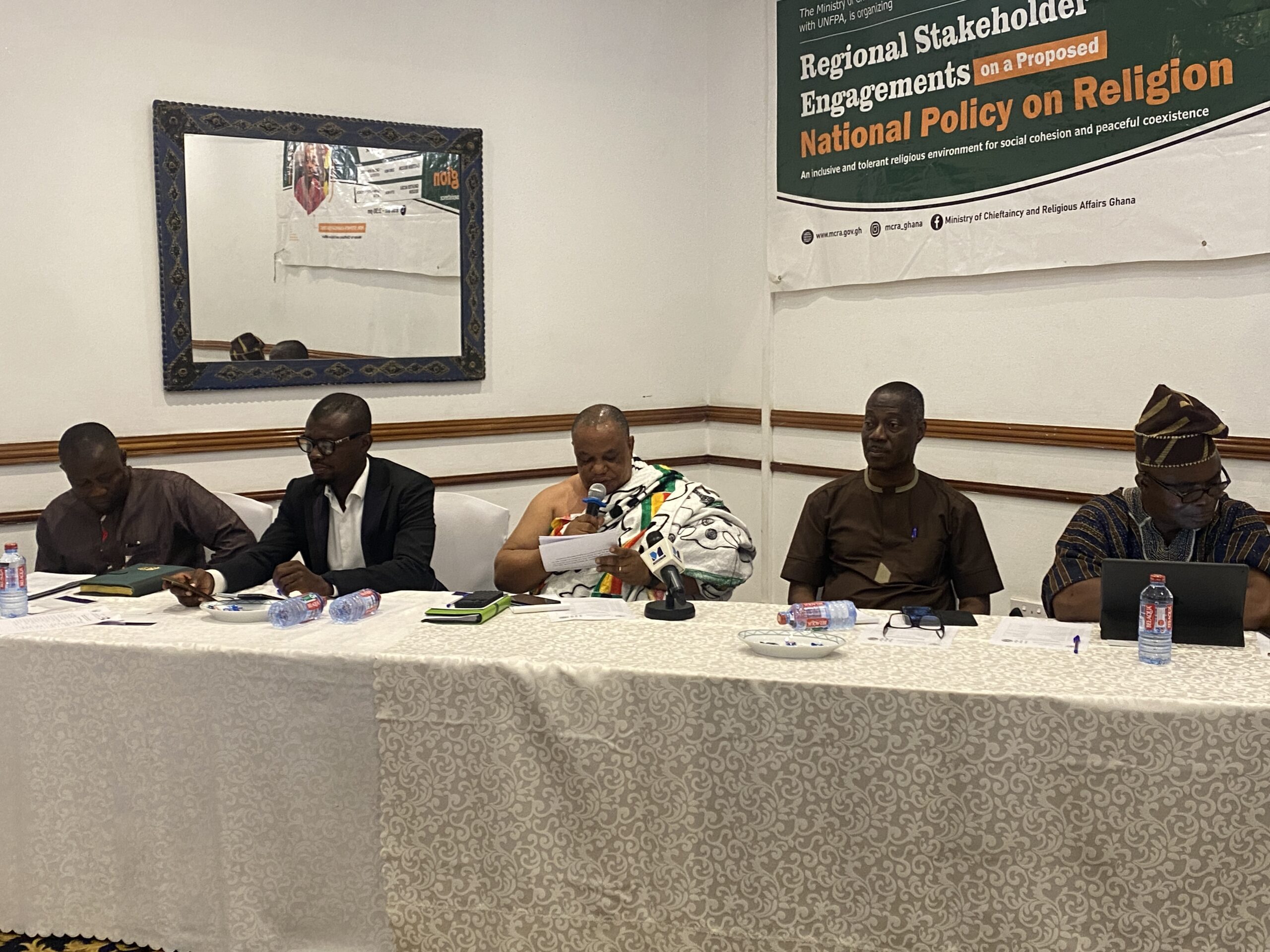

 The Ministry of Chieftaincy and Religious Affairs (MCRA) today rounded off stakeholder consultations on the proposed National Policy on Religion.
The Ministry of Chieftaincy and Religious Affairs (MCRA) today rounded off stakeholder consultations on the proposed National Policy on Religion.
The engagements, which span two weeks, were done in all 16 regions with the last one happening concurrently today in the Greater Accra and Upper West Regions.
The National Policy on Religion is a draft document being put together by MCRA to serve as a guide to religious activities and address challenges that arise from the coexistence of different faiths and beliefs in society.
It will also provide a framework for the protection and promotion of the rights and freedoms of all religious groups and the prevention and resolution of conflicts that may arise from religious differences.
In a speech read on his behalf, Mr Stephen Asamoah Boateng, the Sector Minister, said the stakeholder consultations were crucial steps in the development of a comprehensive and inclusive policy that would promote religious harmony, diversity and tolerance in the country.
He said it also offered an opportunity for the Ministry to hear from the representatives of various religious communities, civil society organisations, academic institutions, media outlets, other relevant stakeholders and the public.
“We want to listen to your views, concerns, suggestions, and recommendations on how to shape a policy that reflects the aspirations and values of our people,” he said.
The Minister thanked the United Nations Population Fund (UNFPA) Ghana Country Office, the National Development Planning Commission and Department for the Study of Religions, University of Ghana, Legon for providing diverse supports to make the consultations a success.
Dr Wilfred Ochan, UNFPA Representative, also in a speech read on his behalf, said most people all over the world looked up to religious leaders for guidance, directions or inspiration, especially in their state of vulnerabilities and search for solutions.
He said religious leaders due to their large following, played crucial roles in shaping community attitudes and spearheading reforms.
Dr Ochan said by working closely with institutions such as the MCRA, which dealt directly with the leaders of communities, UNFPA aimed at promoting partnerships and practices that respected human rights and safeguarded the health and well-being of individuals.
Dr Harry L. K Agbanu from the Department for the Study of Religions, University of Ghana and a consultant for the MCRA, said even though Ghana was a religiously pluralistic society, it was important to eschew religious differences and pursue peaceful co-existence.
“Afterall, we are Ghanaians first before our religions come and so our religions should not divide us. If anything at all, religion should rather bring us together so, we can live as brothers and sisters in a peaceful country that we want for ourselves,” he said.
He lauded stakeholders for their participation and enthusiasm throughout the consultations, adding that, such efforts indicated how Ghanaians prioritised peace and unity amongst themselves.
Dr Agbanu said some of the issues that frequently emerged at the meetings had to do with religious noisemaking, intolerance, inter and intra religious tensions, rights of women and children, witchcraft accusations leading to injuries and sometimes death of innocent people.
He advised politicians and party sympathisers to desist from playing the “religious card” ahead of the 2024 General Election.
Source: GNA
The post Chieftaincy Ministry, stakeholders round off discussions on religion policy appeared first on Ghana Business News.
Read Full Story

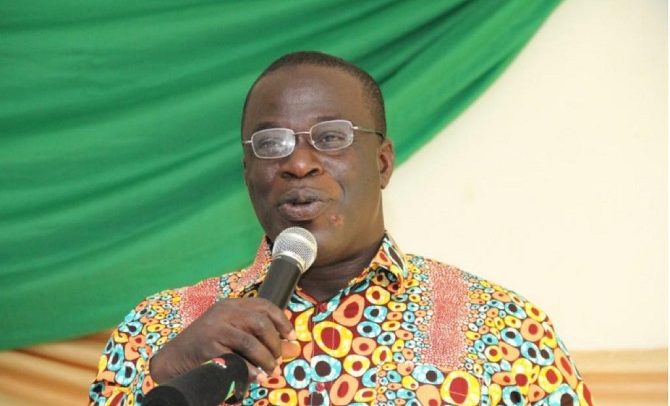

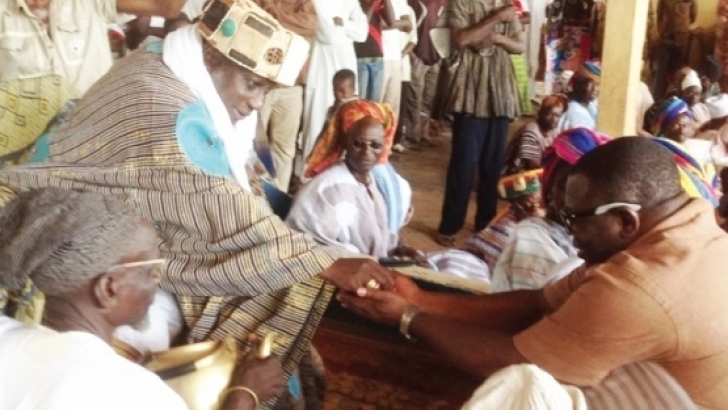
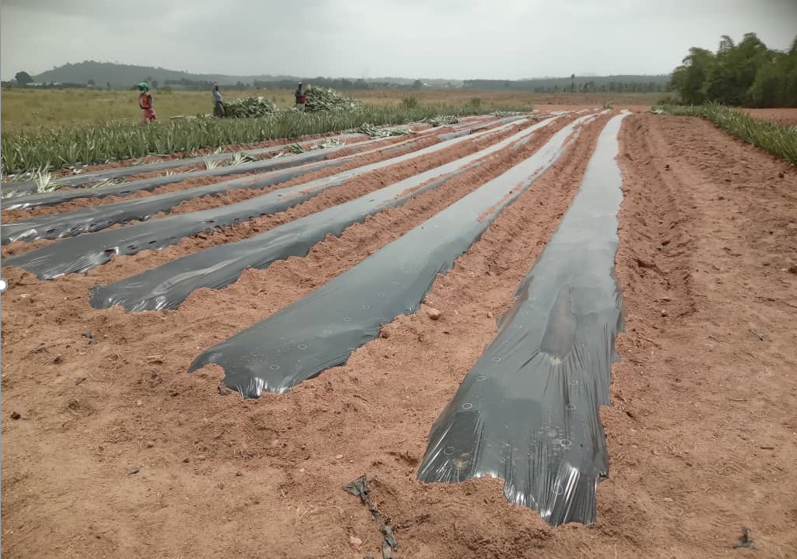
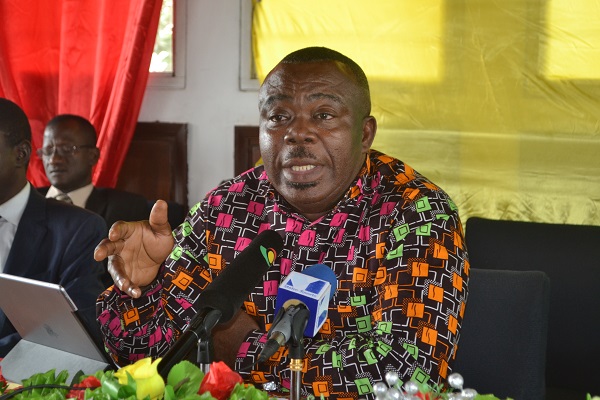
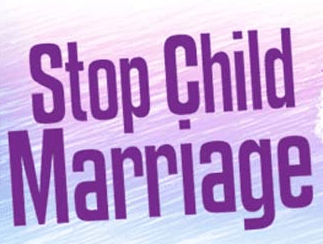














Facebook
Twitter
Pinterest
Instagram
Google+
YouTube
LinkedIn
RSS